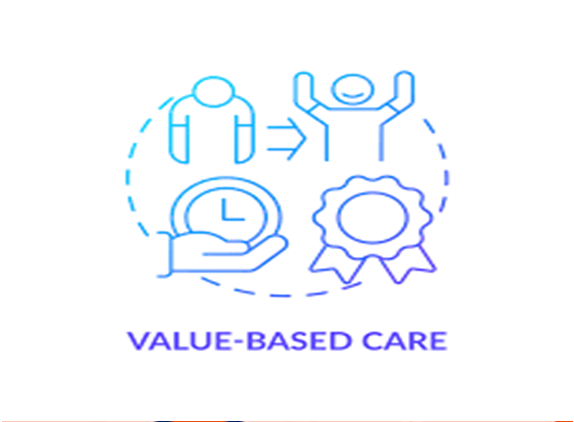As the healthcare arena is changing and navigating different scopes of improvement, the changes observed so far have been nothing short of great. This transitional phase has been majorly about the efforts and initiatives taken to bring about worth to the process of healthcare delivery and this has been possible with the shift from quantitative to qualitative parameters.
Whereas the former focuses on the diverse variety of services provided by the healthcare providers and was necessary in optimizing operational efficiency and expanding medical expertise. But with time, and change in needs the latter polarizes it to the holistic approach with quality outcomes.
With the increased burnout in healthcare it is a major priority going forward to ensure provider satisfaction. As development takes place, the inclusion of AI technology in healthcare to bridge the gap between the volume to value has shortened over time with much better patient satisfaction rates.
The Limitations of Volume-Based Care
To build a health ecosystem, and need to provide a balance between gradual developments and the need for quality over quantity to look after the growing populations it has become increasingly important to prioritize patient outcomes and provider sustainability with Value-based care.
The positive changes resulted in the care process with the integration of the quality over quantity model transcending the numerical dimensions. It has also relieved the caregivers and provided them with a much-needed breath and possibly a blessed moment of reflection on the joy of caregiving.
In the past, the ancient models presented an unsustainable cycle where the whole focus point was to maximize patient visits even though it cost the ability to deliver through individualized care and overwhelming work strain. It only resulted in unnecessary procedures, inflated healthcare costs, and a burden on the well-being of the entire healthcare system.

Unlocking the Advantages of Value-Based Care
This model makes significant contributions in standardizing and specializing the care process and presenting providers with an advantage to refine clinical skills through repetitive practices and streamlined protocols.
This improved model is more about preventive strategies and proactively addressing chronic conditions to reduce redundant medical procedures and unnecessary medical visits. Value-based care is influenced majorly by social determinants of health to support the provider-patient relationship. It reconnects healthcare providers with their foundational calling to deliver improved health outcomes and enhanced satisfaction among stakeholders.
By looking to focus more on quality, the model works deliberately on engaging with patients deeply and making decisions based on comprehensive knowledge gathered from patient data. This finally transforms the standard of care journey, and brings back the noble feeling amongst the health care staff.
With future advancements in healthcare, it is best to maintain the volume base approach but implement values from the value based care approach to ensure medical excellence.






